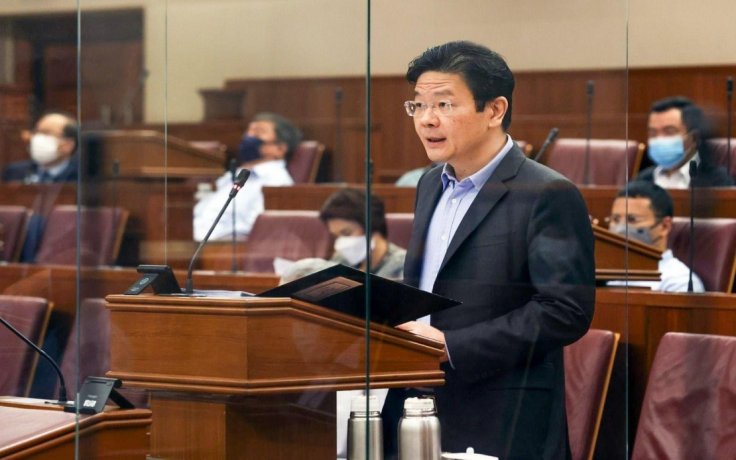
Prime Minister and Finance Minister Lawrence Wong on Tuesday announced that the government will study the potential deployment of nuclear power in Singapore and take required steps to systematically build up capabilities in this area.
Delivering his Budget 2025 speech, Wong said Singapore has inked agreements with the United States on civil nuclear cooperation, and it is working on "similar cooperation" with other nations that have the capacity and experience to use civilian nuclear power, particularly small modular reactors (SMRs).
He said, "Within the government, we will reorganise ourselves to provide greater emphasis on this work," adding, "We will need new capabilities to evaluate options, and to consider if there is a solution that Singapore can deploy in a safe and cost-effective way."
Wong went on to say that nuclear safety, which would become "more salient" due to the expanding regional interest in nuclear power, will also require similar capabilities.
Tan See Leng, Singapore's second minister for trade and industry, stated in parliament last year that the country intends to develop a pool of roughly 100 nuclear energy specialists in the medium to long term.
He did, however, add that Singapore is unable to commit to a schedule for adopting a stance on nuclear energy deployment and that no decision has been made on the matter.
"Singapore needs more clean power to meet its growing energy needs and reduce carbon emissions," Wong said.
He continued that importing low-carbon electricity from the area is one way to solve the problem, and Singapore is "making progress" in this regard. Beyond this, however, domestic clean power sources are required to provide increased energy resiliency.
Although Singapore has "closely" examined the use of low-carbon hydrogen, Wong stated that scaling up in a way that is economically feasible is challenging due to "inherent challenges" in the manufacturing, storage, and transportation of hydrogen.
In 2010, authorities thought about adopting nuclear electricity but concluded that conventional nuclear technology were not appropriate for Singapore.
Wong went on to say that since then, there have been "significant advancements" in nuclear technologies, including the creation of SMRs, which offer superior safety characteristics to conventional reactors.
He noted that Singapore will need to make "major investments" in new infrastructure whether it chooses to use nuclear, hydrogen, or electricity.
He declared that a S$5 billion top-up to the Future Energy Fund would result from this. "This will further support our critical undertaking to secure clean power for Singapore," said Wong.
He had declared in last year's Budget that the fund will be established with an initial investment of S$5 billion.
Wong further added, "Our efforts to enhance our technology and innovation engines, strengthen our enterprise ecosystem, invest in new infrastructure, and overcome our resource constraints, will enable us to refresh our value proposition and stay ahead in a rapidly changing world."









